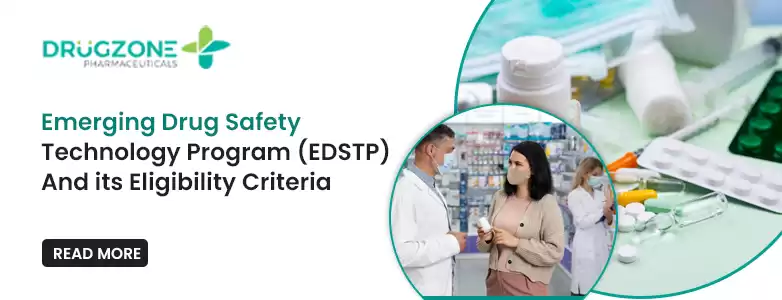
Posted On: June 14, 2024
Comprehensive Guide to DSCSA Regulations for Manufacturers
Comprehensive Guide to DSCSA Regulations for Manufacturers
Drug Quality and Security Act (DQSA) was enacted DSCSA or Drug Supply Chain Security Act in 2013. Now as we are on the final step of its implementation process, it is vital that manufacturers understand this law and how they should conduct their operations under it.
What does DSCSA mean?
This law is responsible for controlling drug movement through our country’s distribution system. It aims at enhancing FDA’s ability to protect consumers against exposure to counterfeit, pilfered, adulterated, or otherwise dangerous drugs as well as to improve identification and elimination of hazardous products from the stream of commerce.
Major requirements for the manufacturing sector
Product Identification:
Each package must be labeled by the manufacturer with a unique product identifier in the form of a standardized numerical identifier (SNI), which incorporates the National Drug Code (NDC), serial number, lot number, and expiry date. This helps facilitate more narrow traceability of pharmaceutical supplies.
Transaction Documentation:
Manufacturers should provide detailed transaction documentation for each supply chain transaction. These include:
• Transaction Information (TI): Contains information about the product and its movement
• Transaction History (TH): An electronic record of every transaction back to the manufacturer
• Transaction Statement (TS): A statement that affirms compliance with DSCSA by sellers
Verification:
The manufacturers have put in place systems and processes for verifying drug identifiers on receipt or distribution before any distribution takes place so that only legitimate products that have not been tampered with are sent out.
Notification:
Where a manufacturer identifies an illegitimate or suspicious product, such must notify both FDA and trading partners immediately. It also involves conducting an investigation while keeping records thereof for at least six years.
Licensing and Reporting:
Manufacturers must comply with licensing plus reporting requirements such as obtaining licenses for all manufacturing facilities involved in making and distributing pharmaceutical products within licensed boundaries plus ensuring updates and reports are made available to FDA accordingly.
Supply Chain Impact
DSCSA impacts all pharmaceutical supply chain stakeholders such as top pharmaceutical distributors. The law therefore seeks to ensure that manufacturers follow these regulations so that a safer and more secure drug distribution network can be established. This is vital for upholding the integrity of the US drug supply and safeguarding public health.
Conclusion
Manufacturers must be 100% compliant with every aspect of DSCSA before its full implementation. This includes comprehensive transaction documentation, timely notification of any issues, robust verification processes, rigorous product identification, and compliance with licensing requirements. This way, manufacturers not only comply with federal regulations but also enhance security in the pharmaceutical supply chain for the benefit of patients by ensuring they receive safe drugs.
In order to stay ahead in the sector while being compliant with DSCSA standards, it might be safer to partner with top pharmaceutical distributors in USA.
Frequently Asked Questions (FAQs)
Q: What are some key requirements for manufacturers according to the DSCSA?
A: Manufacturers must ensure product identification, provide transaction details, confirm product authenticity, protect against suspect products and inform FDA or partners if need arises.
The DSCSA requires manufacturers to keep, look into and submit within one day, any suspicious goods to FDA as well as distributors.
Q: How do manufacturers respond to suspect products under the DSCSA?
A: Manufacturers should be able to isolate, inquire into and show incident reports about any suspicious products with FDA as well as their suppliers within 24 hours.
Tags
Latest Posts
-

A Beginner's Guide to GS1 Standards for Pharmaceutical Companies
-

What are Important Accomplishments of the NDRP Modernization
-

A Comprehensive Guide to Prescription Animal Drugs
-

New Drugs Regulatory Program Modernization: Overview and Impact
-

What is the Emerging Drug Safety Technology Program (EDSTP) And its Eligibility Criteria?
Similar Posts
-

A Beginner's Guide to GS1 Standards for Pharmaceutical Companies
-

What are Important Accomplishments of the NDRP Modernization
-

New Drugs Regulatory Program Modernization: Overview and Impact
-

What is the Emerging Drug Safety Technology Program (EDSTP) And its Eligibility Criteria?
-

DSCSA Compliance For Dispensers/Pharmacies
